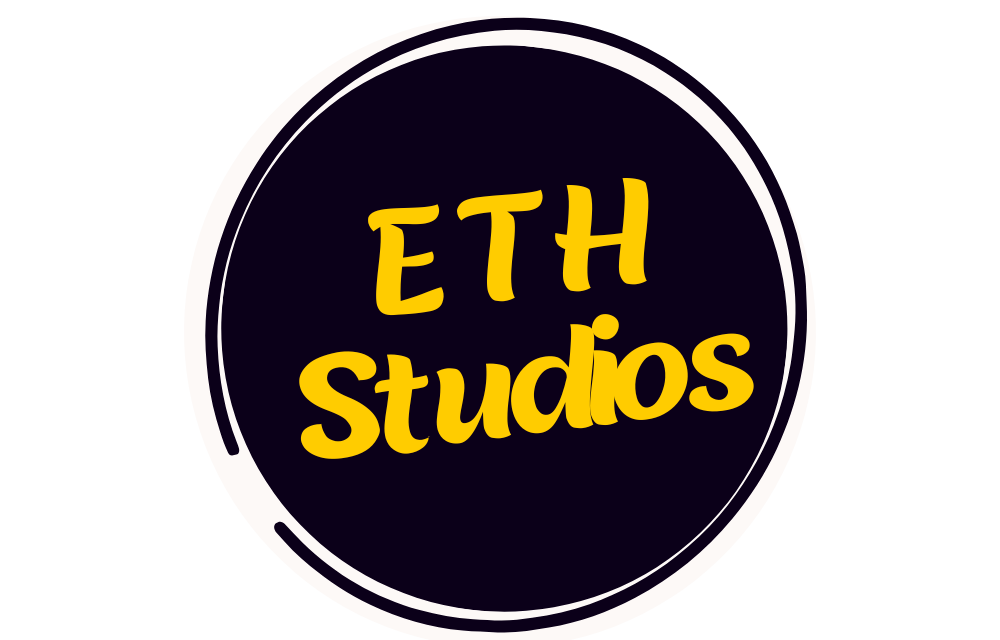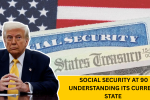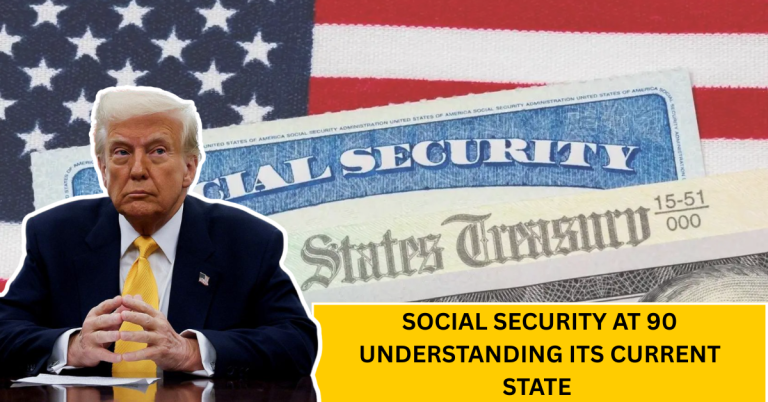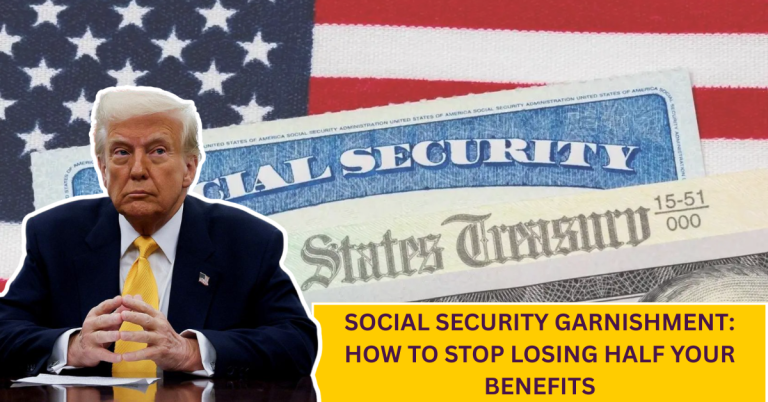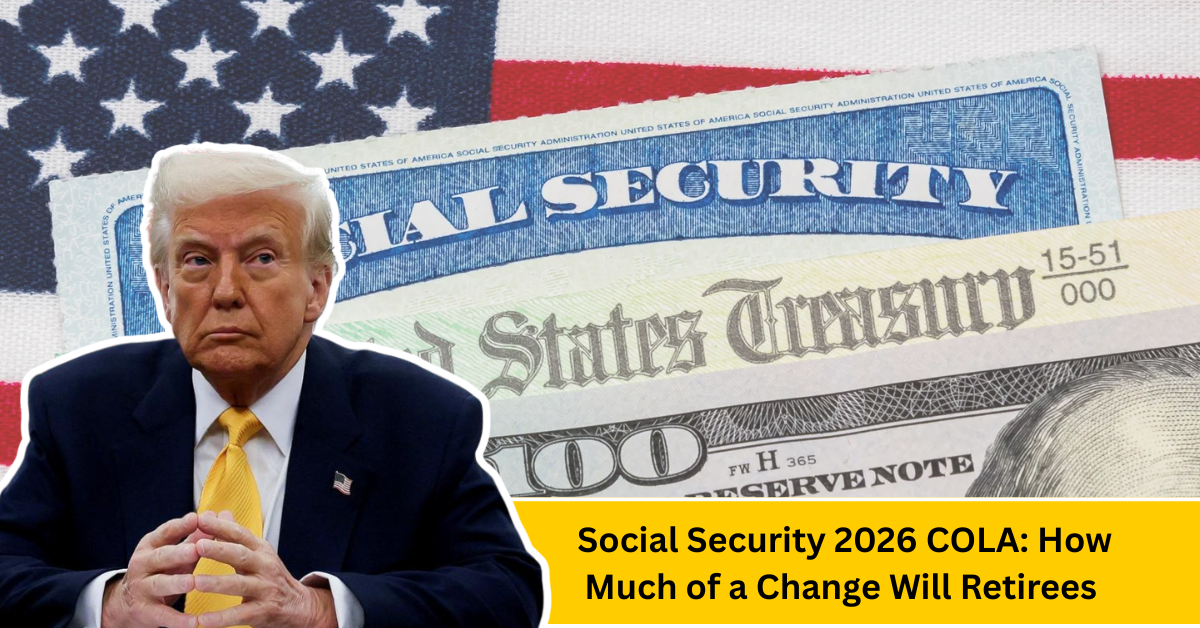
The recent proposal by Donald Trump to introduce child savings accounts has caught the attention of many, especially in discussions about the future of Social Security. These accounts, aimed at helping children save money early in life, sound promising on the surface. However, some experts, including economist Bessent, warn that this move might be a hidden step towards privatizing Social Security, which could affect millions of people relying on this government program.
For younger readers and families planning for the future, understanding what this means is important. Social Security has long been a safety net for retirees and others who depend on it. But changes proposed by politicians can have long-term effects, especially when they involve shifting public funds into private hands. Let’s explore what these new child savings accounts are and why Bessent calls them a “back door” for privatization.
What Are Trump’s Child Savings Accounts?
Trump has proposed creating special savings accounts for children. These accounts are designed to allow parents to save money money for their children’s future education or other needs. The government might help by starting the account with some money or offering tax benefits, encouraging families to save more.
The idea is to provide kids with a financial boost as they grow up, helping them avoid student loans or financial struggles later in life. On the surface, this sounds helpful, especially for families looking to build a secure future for their children.
Why Bessent Sees It as a Threat to Social Security
Economist Bessent has expressed serious concerns about these child savings accounts. He believes that this plan is not just about helping families save money but is a disguised way of moving people away from Social Security. Social Security is a government-run program that provides financial support to retirees, disabled people, and survivors of deceased workers.
Bessent argues that by encouraging private savings accounts, the government could be weakening the Social Security system. It might reduce the funds collected through payroll taxes, which are critical for paying current Social Security benefits. If many people move their savings into private accounts, Social Security might not have enough money to pay out to those who need it.
Understanding Social Security and Its Importance
Social Security is a system where workers pay taxes while they earn a salary, and the money collected is used to provide monthly benefits to retired workers, disabled individuals, and families of deceased workers. It acts like a financial protection net, ensuring people have some income after they retire or if unforeseen events happen.
For many people, especially the elderly or disabled, Social Security is their main or only source of income. Losing or weakening this system could lead to serious financial difficulties for millions of people.
What Does Privatizing Social Security Mean?
Privatizing Social Security means turning this government-run program into private investments controlled by individuals or companies. Instead of receiving fixed payments after retirement, people would rely on money they invested in private accounts. These accounts would be subject to market risks, which means people could lose money if the market performs poorly.
This risks turning a guaranteed, safe source of income into a risky investment. Many worry that privatizing Social Security would make retirement income less secure and harder to predict, especially for people who are not experienced in managing investments.
How Child Savings Accounts May Lead to Privatization
Bessent warns that the new child savings accounts may gradually replace parts of Social Security. As parents and families move more money into private savings accounts, the government might reduce the Social Security benefits or the taxes that support it. Over time, this could shift the responsibility from the government to individuals.
This slow shift is what Bessent calls a “back door” method — it is not an outright change of policy but a gradual move that could eventually dismantle Social Security as we know it.
What Should Young People Know and Do?
For younger people, especially those just starting their careers, this information is very important. Social Security is a social safety net that most will rely on one day. Understanding changes and proposals like child savings accounts helps you stay informed about your financial future.
It’s a good idea to stay updated on political decisions affecting Social Security. Also, start building your own savings and learning about personal finance early. But keep in mind that Social Security remains a core part of financial security for most people, and protecting it is important for everyone’s future.
Conclusion: Why This Debate Matters
The idea of helping children save money early is appealing and has benefits. But, as economist Bessent warns, the new Trump child savings accounts may have hidden consequences, including weakening or privatizing Social Security. This program supports millions of people, and any shift could affect the security of future retirees and vulnerable populations.
As these discussions continue, it is important for young Indians and others around the world to understand not just the benefits but also the risks behind such policies. Staying informed and involved is the best way to protect the financial systems that support us all.
